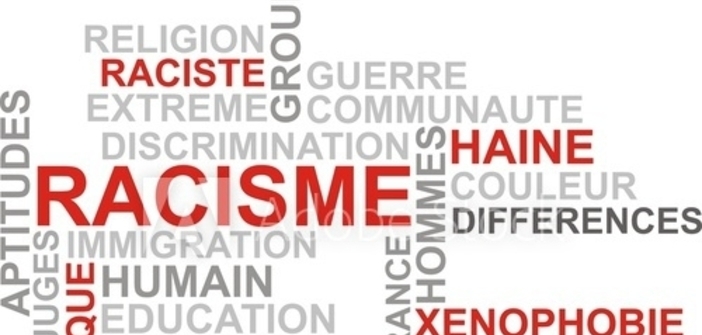Democracy legitimately exercises its right of inventory and reexamines the symbols of the Republic. Acknowledging our past allows us not to repeat the mistakes made and, at the very least, not to elevate them as examples. Yet, this is precisely what the City of Nice is doing by celebrating, one after the other, corrupt, racist, or slave-owning figures.
While it’s up to historians to analyze and shed light on historical facts, when a municipality honors and celebrates a figure by assigning their name to a place, we enter the realm of political decision-making.
The Republic is made of symbols; they signify belonging to a community of destinies and shared values, and the inscription of our actions within a common narrative. However, we are witnessing a contestation of racist or slave-owning symbols all over France. Thus, democracy is legitimately exercising its right of inventory. Although I do not endorse unilateral acts of removing statues, one must understand the symbolic significance of this political gesture.
In a mature democracy, we should be able to create the conditions for a calm and collaborative review of whether certain symbols, statues, plaques, and street names should be maintained, to determine if they still align with the values of the French Republic.
Statues of slave owners, while they should not be destroyed, could be displayed in museums instead of presiding over public spaces. This is just one of the possible options, and we should be able to engage in a serene democratic debate on this issue, which is far from being just about memory.
But, pending this review of the past and the symbols erected in the past, it is, on the other hand, unthinkable to once again honor racist or slave-owning figures. Yet this is what the City of Nice has recently done, an incurable laboratory of the worst, whose policy of place naming reveals a staggering lack of ethics:
- November 2018, assigning a street name to Charles Pasqua, sentenced to 18 months suspended for illegal campaign financing and one year suspended for embezzlement in 2010.
-
October 2019, inauguration of the quay Napoleon 1st. Napoleon Bonaparte, who, besides establishing the Empire and the vast number of deaths due to imperial wars, notably reinstated slavery.
-
November 2019, inauguration of Jacques Médecin Street who, in 1974, twinned the city of Nice with Cape Town in support of the apartheid policy in South Africa, who made openly racist remarks (“France is going to be overrun by all the monkeys who have nothing better to do than come and live here”), and who was sentenced in 1992 to a year in prison for breach of trust, in 1995 to two years in prison, five years of deprived civil rights for embezzlement, and three years in prison for corruption and misuse of public assets, and in 1998, to two years in prison for tax fraud.
-
February 2020, inauguration of Jacques Chirac cours and statue, condemned to two years suspended in 2011 for embezzlement, illegal interest taking, and breach of trust, and who also made openly racist remarks (“the noise and the smell”).
We cannot, at the same time, teach civic education to our children and glorify, in the name of the community, corrupt, racist, or slave-owning figures. Acknowledging our past precisely means not repeating the mistakes made, and at the very least, not elevating them as examples.


